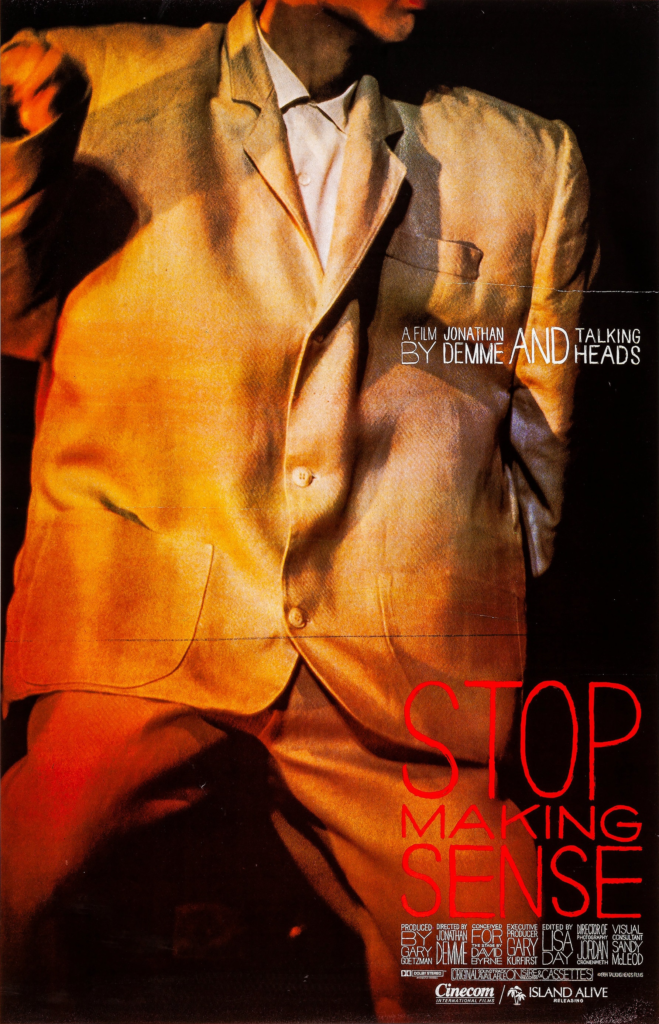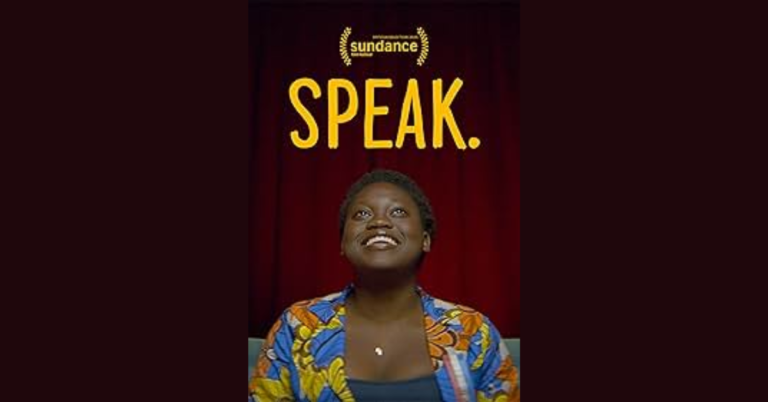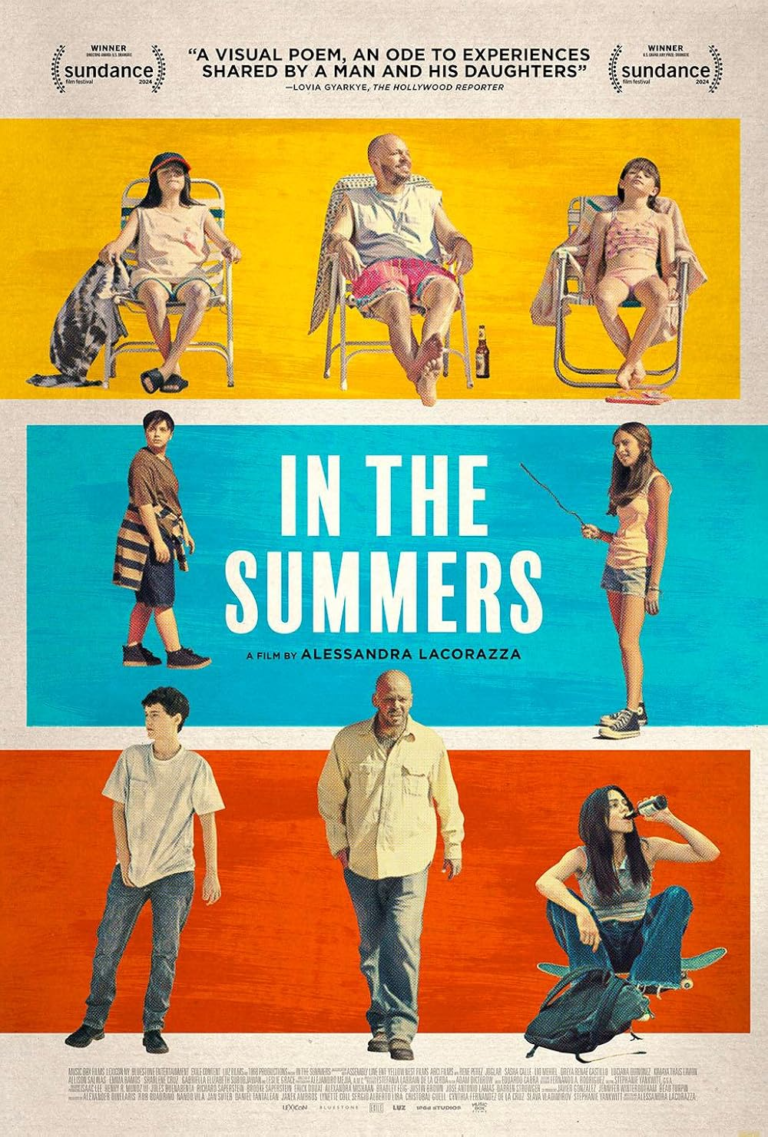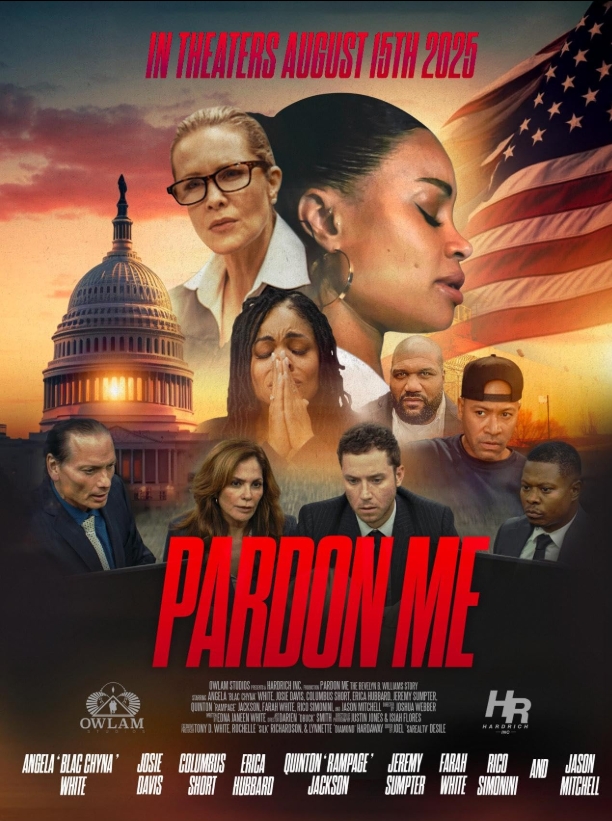Stop Making Sense Christian Review

There’s something about Stop Making Sense that sneaks up on you. At first, it feels like any other concert film: the cameras start rolling, the band comes out, and music fills the space. But with this one, something else happens. It feels almost as if you’ve stepped into a world where creativity, joy, and human expression collide in the most authentic way possible. Directed by Jonathan Demme, the film is a visually and sonically rich depiction of Talking Heads’ live performance that somehow transcends the boundaries of what we typically expect from a concert film. It’s more than just music; it’s life, energy, and collaboration, all captured through the lens of joy.
You might ask yourself why Stop Making Sense matters, especially when it’s “just” a live performance. But I think there’s more to it than that. When we experience art—true, uninhibited art—it connects us to something much bigger than ourselves. And if we dig a little deeper, it’s almost as if the film serves as a reflection of what we, as Christians, seek in our own lives: moments of grace, creativity, and community. Demme and the Talking Heads somehow turn a concert into an experience that leaves you feeling fuller, more aware, and unexpectedly joyful.
Collaboration in Motion
There’s something undeniably captivating about how the film builds up from David Byrne’s solo act at the beginning. He walks on stage with just a guitar and a boombox to perform “Psycho Killer.” The stage is bare, the lighting is sparse, and it feels like you’re witnessing the raw bones of a musical act. But then, slowly, piece by piece, the band comes together. More musicians walk onstage, instruments are added, the sound grows richer, fuller. By the time you’re midway through, it’s as if you’ve been pulled into this swirling vortex of sound, energy, and movement. And it’s not just Byrne—every band member contributes to this crescendo of creativity.
This gradual assembly reminds me of how the Church functions. We don’t operate as lone individuals in this journey of faith. Just as the band members each add something unique to the performance, we are all part of the body of Christ, each with distinct gifts to offer. 1 Corinthians 12 speaks to this beautifully: we are many parts, but one body. Watching Stop Making Sense, I couldn’t help but think about how this imagery applies to the way God calls us to work together, to build each other up, to contribute in ways that are specific to our God-given talents. The concert isn’t about one person shining; it’s about the collective. And isn’t that what we, as Christians, are called to as well?
Simplicity and the Pursuit of Joy
It’s funny how the simplicity of Stop Making Sense feels so revolutionary. We live in a world that often tries to wow us with spectacle—flashing lights, elaborate stage setups, pyrotechnics, and over-the-top performances. But in this film, there’s none of that. Sure, the lighting is dynamic, and the choreography becomes more intricate as the show goes on, but there’s no sense of trying to overwhelm the audience with visuals. Instead, the focus remains on the music, the performers, and the sheer joy they bring to the stage.
I think there’s a lesson here about simplicity. In our walk with God, we often get caught up in trying to make things more complicated than they need to be. We strive for grandeur when, in reality, it’s the simple things that bring the most joy and fulfillment. Matthew 6:5-6 reminds us not to perform our prayers for the approval of others, but rather to seek God in secret, in simplicity. Watching Stop Making Sense reminded me that joy doesn’t need to be flashy. Sometimes, it’s the simple act of creating something beautiful and sharing it with others that brings the most profound sense of fulfillment.
Joy as Worship
When we talk about joy, it’s important to consider how it fits into the larger context of worship. Stop Making Sense may not be a religious film, but the joy that radiates from the stage feels like a kind of worship in itself. There’s a freedom, an uninhibited expression of creativity, that feels almost sacred. Watching David Byrne move across the stage, you get the sense that he’s lost in the music, in the moment. It’s a reminder of how we, too, are called to worship with our whole being.
Psalm 149:3 says, “Let them praise His name with dancing and make music to Him with timbrel and harp.” We don’t often think about dancing as an act of worship, but Stop Making Sense shows us how movement, music, and joy are deeply connected. When we worship, it’s not just with our voices but with our entire selves—our actions, our creativity, our energy. Watching this film felt like a glimpse into that kind of worship, even if it wasn’t overtly directed toward God. The joy that flows through the performance is something we are all called to experience, and it’s something that should flow through our lives as we worship and serve the Lord.
Creativity Reflects the Creator
At its core, Stop Making Sense is a testament to the power of creativity. There’s something profoundly beautiful about watching a group of people come together to create something new, something alive. And as Christians, we know that creativity is a reflection of the Creator Himself. God is the ultimate artist, the One who spoke the world into existence, who designed every intricate detail of creation. When we create, we reflect His image.
There’s a moment in the film where the music swells, the lights shift, and you feel as though you’ve been transported into a different realm. It’s in moments like these that we are reminded of how creativity can elevate us, how it can point us toward something bigger than ourselves. Stop Making Sense may not be a religious experience in the traditional sense, but it taps into that deep well of creativity that mirrors the Creator’s own work. And in that, it becomes a kind of worship, a reflection of the divine.
Conclusion: A Call to Joy
Stop Making Sense isn’t just a concert film; it’s an experience. It’s a reminder of the joy that comes from creating, collaborating, and sharing that creation with others. It’s a film that, without explicitly trying, captures the essence of what it means to live fully, to express ourselves authentically, and to find joy in the process. And as Christians, we can see these themes reflected in our own lives—the call to work together, to embrace simplicity, and to worship God with our whole being.
In a world that often feels divided and weighed down by darkness, Stop Making Sense is a breath of fresh air. It reminds us that there is still joy to be found, that there is still beauty worth celebrating. And as followers of Christ, we are called to embody that joy, to reflect the love and creativity of our Creator in everything we do.
Rating: 9/10—A film that, while not explicitly Christian, resonates deeply with themes of joy, creativity, and community. A celebration of life that points, in its own way, to the Creator Himself.







